What is Marketing Automation | Benefits of Marketing Automation for Businesses in 2024
Marketing automation is transforming the way businesses interact with their customers. It merges various digital marketing solutions to simplify, automate, and measure marketing tasks and workflows. This enables companies to be more efficient, increase revenue faster, and enhance their efforts. Let’s investigate further what marketing automation is and the benefits it offers to businesses.
Understanding Marketing Automation
Marketing automation refers to the use of software to automate marketing tasks and workflows. This includes tasks like email marketing, social media posting, and ad campaigns. It empowers businesses to foster leads with personalized content, efficiently converting leads into loyal customers.

Effective Marketing Automation Strategies
Email Marketing Automation
Email marketing automation is a strategic approach that uses software to automatically send personalized and timely emails to recipients based on specific triggers or actions. This can include welcome emails, follow-up messages, birthday greetings, and re-engagement campaigns, all tailored to the recipient’s behavior and preferences. Automation helps businesses maintain consistent communication with their audience, nurture leads, and drive conversions without requiring constant manual effort. Automated email campaigns can nurture leads, inform customers about new products or services, and re-engage inactive subscribers.
Social Media Marketing Automation
Social media marketing services have significantly benefited from automation. Automated social media marketing utilizes automation tools to schedule posts, monitor engagement, and analyze performance. This ensures a consistent presence on social platforms without the need for constant manual oversight.

Lead Scoring and Management
Marketing automation tools can track how users interact with your content, like opening emails, visiting your website, or downloading materials. Using this information, these tools give each lead a score based on how likely they are to become a customer. Leads with higher scores can be prioritized for follow-up by the sales team, making the sales process more efficient.
Customer Relationship Management (CRM)
CRMs like Salesforce or HubSpot can automate data entry, track customer interactions, and manage follow-up tasks. This ensures that no lead is overlooked and helps sales teams stay organized and efficient in managing their relationships with prospects and customers.
Content Personalization
Automation tools can analyze user behavior and preferences to deliver personalized content. For instance, an e-commerce site might recommend products based on previous purchases or browsing history, increasing the chances of conversion by providing relevant suggestions.
Analytics and Reporting
Marketing automation platforms can compile data from various channels and generate comprehensive reports. These reports provide insights into campaign performance, user behavior, and overall marketing effectiveness, helping you make data-driven decisions without manual data collection and analysis.

Web Personalization
Tools like Optimizely or VWO allow you to customize the user experience on your website based on visitor data. For example, a returning visitor might see different content than a first-time visitor, enhancing their experience and increasing the likelihood of engagement and conversion.
SMS and Push Notifications
Automated systems can send targeted SMS or mobile app notifications based on user actions. For example, a customer who hasn’t interacted with your app in a while might receive a notification with a special offer, encouraging them to re-engage with your brand.
Ad Campaign Management
Platforms like Google Ads and Facebook Ads offer automation features that help in the creation, targeting, and optimization of ad campaigns. You can set specific criteria for targeting, and the platform will automatically adjust bids and placements to maximize performance and return on investment.
Landing Page and Form Creation
Tools like Unbounce or Leadpages enable you to create and test landing pages and forms without needing technical skills. These tools often come with templates and drag-and-drop interfaces, and they can integrate with your CRM to automate lead capture and follow-up processes.
Benefits of Marketing Automation for Businesses
Enhanced Efficiency and Productivity
Automation in business frees up time for marketing teams by handling repetitive tasks such as sending out emails, posting on social media, and managing ad campaigns. This automation of business processes allows teams to focus on more strategic activities, driving creativity and innovation.

Enhanced Lead Fostering and Conversion
Marketing automation tools help businesses gather information about their customers and divide them into groups based on their interests and behaviors. This facilitates personalized communication, which is crucial for effective lead nurturing. Businesses can track customer behavior and preferences, delivering tailored content that resonates with each segment, ultimately boosting conversion rates.
Better Data Management and Analysis
Automating business processes includes collecting and analyzing vast amounts of data. AI business process automation tools can help in extracting valuable insights from this data, informing decision-making and strategy formulation. This leads to more accurate targeting and improved campaign performance.
Cost Savings
By streamlining workflows and reducing manual efforts, marketing automation helps businesses save costs. It minimizes the need for extensive human involvement, making processes more efficient and reducing operational expenses.
Enhanced Customer Experience
With the help of marketing automation, businesses can provide a seamless and consistent customer experience across various touchpoints. Automated business solutions ensure timely and relevant communication, fostering stronger relationships with customers.

Implementing Marketing Automation in Your Business
Choosing the Right Marketing Automation Platform
Selecting the right marketing automation platform is crucial for success. Consider factors like ease of use, integration capabilities with existing systems, and the level of customer support provided. Popular options include HubSpot, Marketo, and Mailchimp, each offering unique features to suit different business needs.
Integrating Automation with Your Digital Marketing Strategy
To maximize the benefits of marketing automation, it should be integrated seamlessly into your overall digital marketing strategy. Collaborate with a digital marketing strategy agency to ensure all aspects of your online business services are aligned and optimized for automation.
Leveraging Business Online Services
Utilize various online services for business to support your automation efforts. These include CRM systems, email marketing tools, and social media management platforms. By integrating these business services online, you can create a cohesive and efficient marketing ecosystem.
Conclusion
Marketing automation is a powerful tool that can transform how businesses engage with their customers. By automating repetitive tasks, improving data management, and enhancing personalization, it offers numerous benefits that can significantly impact your bottom line. Whether you’re a small business or a large enterprise, implementing marketing automation can streamline your operations and drive growth. Marketing automation can greatly improve your business’s efficiency, but it’s not always easy to implement. By hiring a professional digital marketing company, you get access to experts who can set up and manage your marketing automation.


